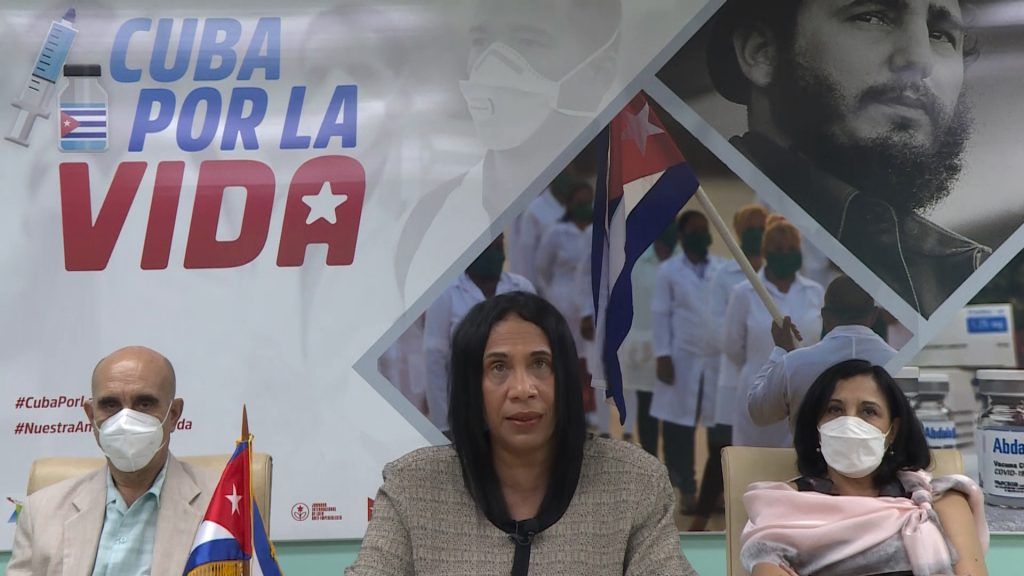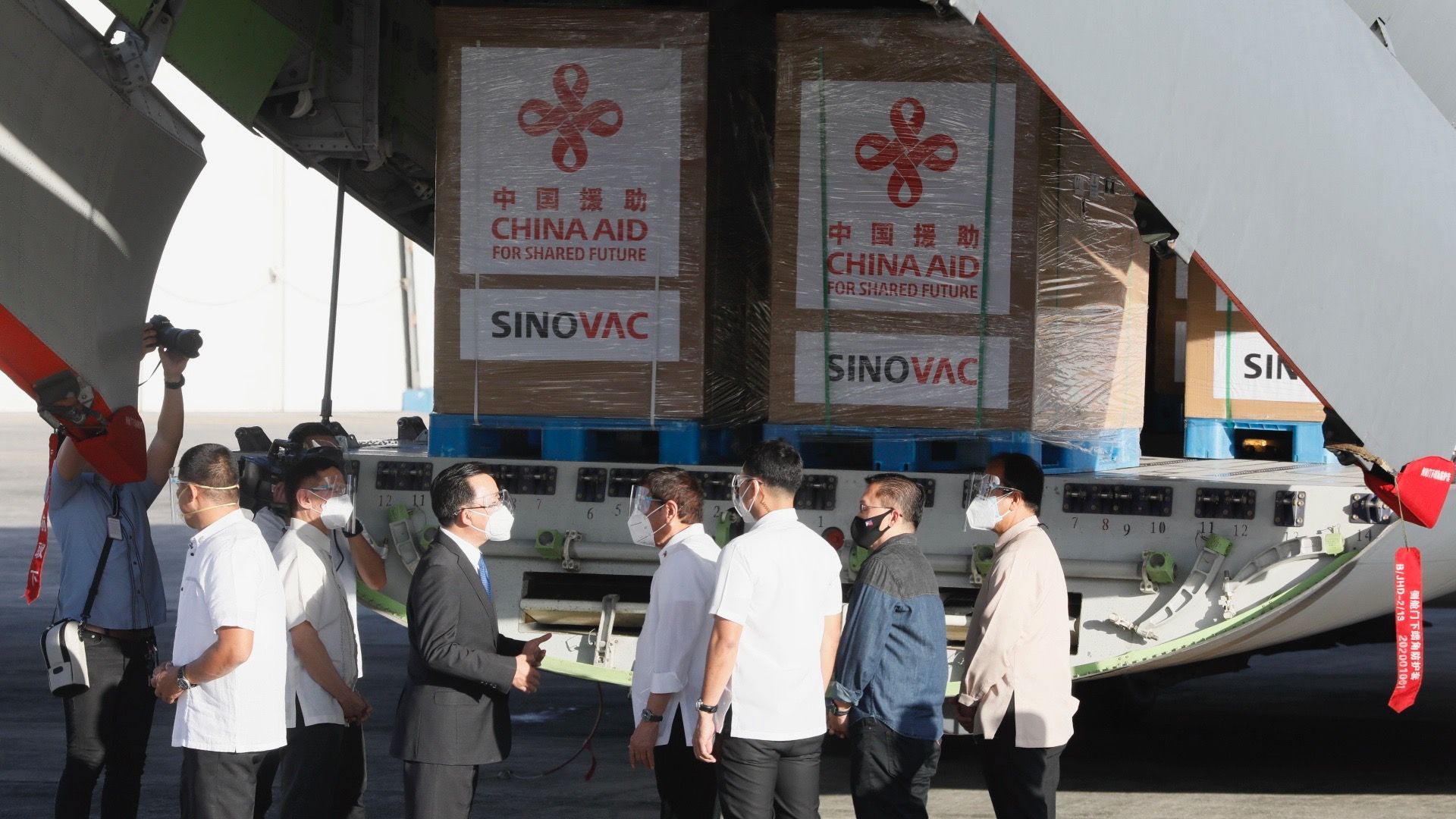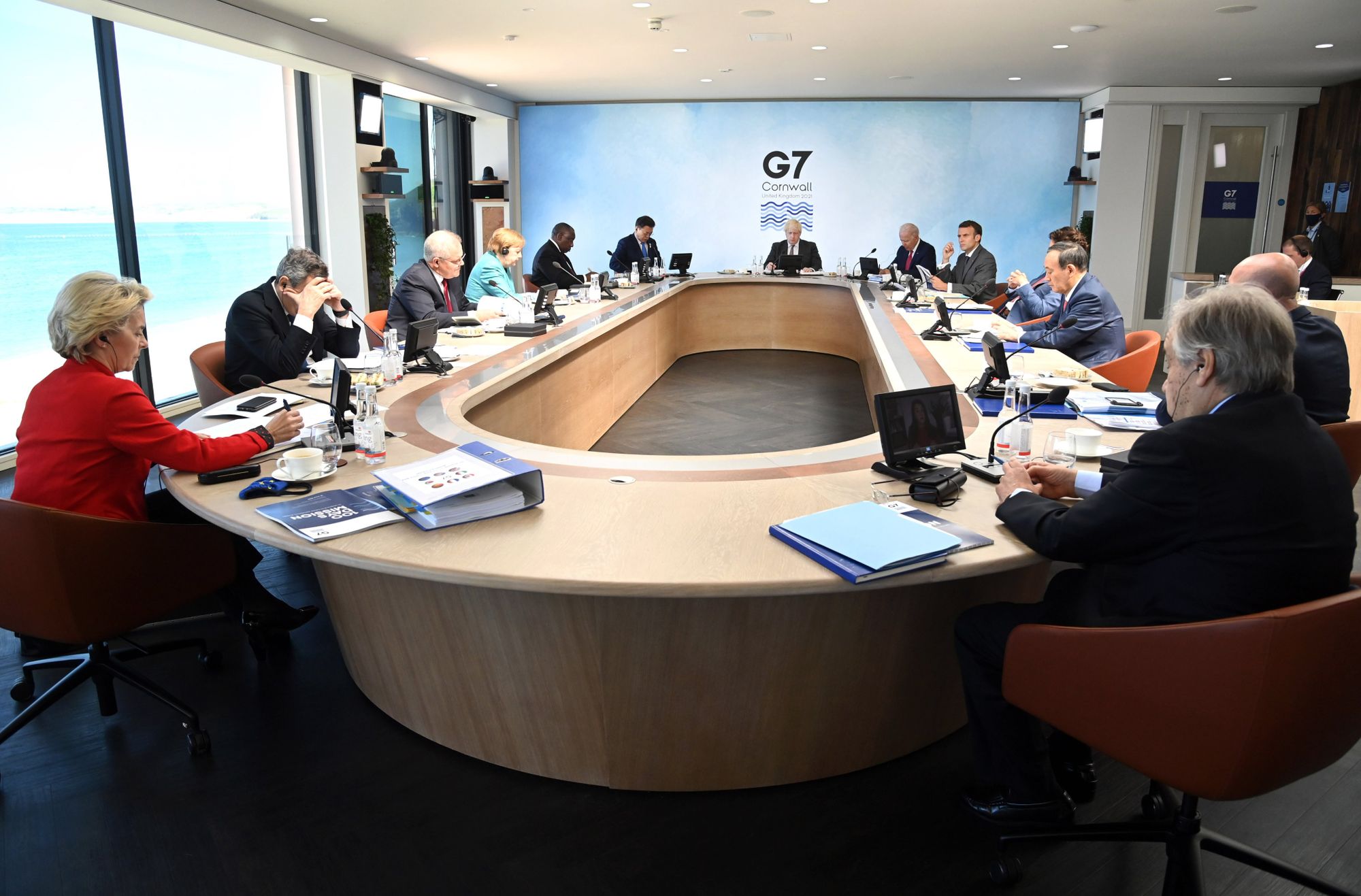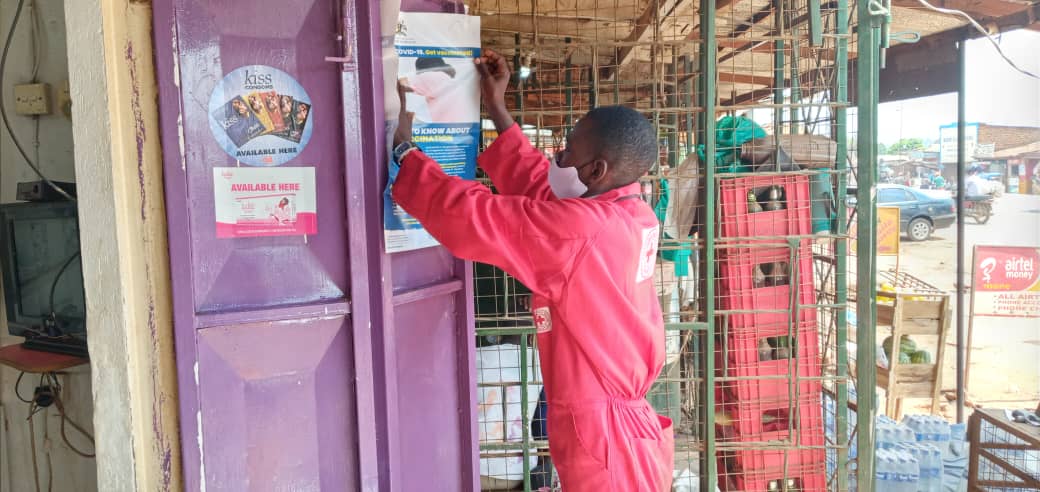Bulletin #3: Reclaiming rights and equity

This fortnight
Near the end of June, we celebrated the 113th birth anniversary of Salvador Allende, whose efforts to build a strong public health system in Chile remain an important contribution in the global struggle for the right to health. Allende’s idea of a comprehensive health system included accessible social services such as education and pro-worker legislation, to ensure holistic well-being of the whole society. The dictature of Pinochet undermined those ideals and the consequences are strongly felt today as Chileans demand a complete rehaul of the Constitution: more in our In Case You Missed it section.
As we marked Public Services Day on 23 June, community health workers across the Global South continued to face problems caused by the informalization of their work. The People's Health Dispatch reports on their protests and strikes in India and South Africa, and the importance of giving them the much-needed recognition in the aftermath of the pandemic.
Meanwhile, the leaders of the world's richest states convened in Cornwall for a G7 meeting at the beginning of June. The attention of the world was focused on discussions concerning Covid-19 vaccines. The summit was a potential turning point for rich countries, who could have chosen to take steps to address global vaccine inequality by letting go of patents for Covid-19 products. Quite expectedly, they failed to do so and issued a declaration full of empty promises. We bring you an analysis.
Two weeks later, delegates from the Third World met at the Summit for Vaccine Internationalism hosted by the Progressive International. Their discussions stood in complete contrast to the G7 meeting, as they discussed solidarity-based alternatives to Big Pharma’s monopoly on vaccines. We report on the summit and possibilities of building vaccine internationalism, challenging the ways of the Global North.
At the same time, mainstream media in the Global North has been running a campaign against Covid-19 vaccines produced in China. BBIBP-CorV-2 and CoronaVac from Sinovac and Sinopharm, both approved by the World Health Organization, have been criticized for an alleged lack of efficacy. We bring an analysis of China's contribution to the global sharing of vaccines, technology, and know-how, and how it provides a breather for developing countries that are scrambling for vaccine supplies hoarded by the West.
Finally, in the second part of our interview with social justice activist Mark Heywood, we speak about the parallels between the HIV/AIDS and Covid-19 pandemics, and the lessons to draw from the HIV/AIDS movement.
People’s Health Dispatch is a fortnightly bulletin published by Peoples Dispatch, focusing on the politics of health and people’s initiatives for the right to health, including actions organised by workers. By publishing news and views on the resistance to commodification of health and progressive analyses of health politics, and highlighting events in the Global South, we aim to build a counter-narrative to the corporate media’s take on this sector.
Featured articles
South-south solidarity to challenge vaccine inequity
The Summit for Vaccine Internationalism organized by Progressive International in June sought to address the pressing issue of global vaccine inequality and come up with concrete solutions.

China's vaccine project offers new prospects of global collaboration
Vaccines by the Chinese firms Sinopharm and Sinovac are being administered across the world on terms far more favourable than those of US and UK-based pharma giants.

In early June, the leaders of the world’s seven richest countries met in the UK to discuss global health, climate, and tax issues. Although the world is still in the midst of a pandemic, their actions leave little hope — or room — for changes for the better.

Public Services Day: a focus on community health workers
Although they have played a key role for securing access to health care in epidemic conditions, including the Ebola epidemic and COVID-19 pandemic, community health workers are still under-recognized and underpaid.

VIDEO INTERVIEW: Big Pharma continues to brazenly exercise power over countries
Mark Heywood from the Treatment Action Campaign talks to Kajal Bharadwaj on how Big Pharma’s regressive role remains unchanged, the dangers of the rejection of science and the questions posed by public health crises such as COVID-19.
In case you missed it








